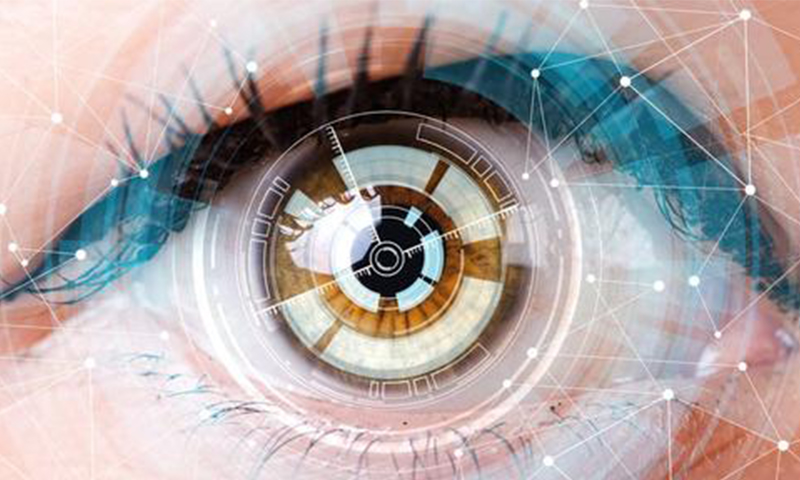We all have a lot of commitments, from taking our dogs for a walk to completing our presentations before our colleagues, the hustle just never stops. When we have so much to do, it is hard to take out time for relaxing, and as a result, our country is the second most sleep-deprived nation. Even when we know that proper sleep is important it is hard to take out time out to have 8 hours of sleep from our daily schedules, but maybe it is time we do.
The recent tragedy involving the death of a Bollywood celebrity, Sushant Singh Rajput, proved yet again that the chase for success doesn’t guarantee mental wellbeing. If a net worth of 60 Crores didn’t guarantee happiness, you think your next promotion will? It is time we find time for things in our work-oriented life for things that shape our wellbeing, one such activity being sleep.
Quality sleep ensures a healthier life by increasing immunity, lowering blood pressure, maintaining weight and most importantly affecting our mental health. Though improved mental health is a major benefit of sleep, their relationship isn’t that straight forward. The relationship between sleep and mental health is bi-casual, which makes it even more significant, as a lack of sleep can result in mental health problems which can again cause sleep disorders and the cycle goes on. Let us look into both the cause and effect relationships individually for your better understanding.
How Sleep Affects Mental Health
The sleep is divided into various stages and the quality of sleep during particular stages affects different parts of the body. During the deepest stage of sleep body temperature drops, muscles relax, and heart rate and breathing slow-down, which produces physiological changes that help boost immune system functioning. Whereas during REM (rapid eye movement) sleep the body temperature, blood pressure, heart rate, and breathing increases which enhances contributes to mental health.
Therefore, poor quality of sleep or sleep deprivation prevents the mind from reaching the REM stage, which is necessary for maintaining mental health. Also, waking up during deep sleep can prevent other organs from getting the benefits of sleep, making the person exhausted that might result in a prolonged mood disorder.
How Mental Health Affects Sleep
Mental health disorder makes certain changes in the mind in the body causing sleep deprivation. Depression results in a person feeling lethargic all the time and may cause him/her to develop hypersomnia. Whereas, anxiety can result in chronic insomnia by preventing the mind from shutting down. So, bad mental health can cause a sleep disorder.
Both of these arguments prove that both mental health and sleep are closely associated and either one can cause the other. This vicious cause and effect and cause relationship can start with a few nights of sleep deprivation. Can you see the importance of sleep more clearly now?
If the answer is yes, then stop prioritizing everything else before your sleep, as once you get caught in the vicious cycle of sleep and mental health it is extremely hard to get out.







